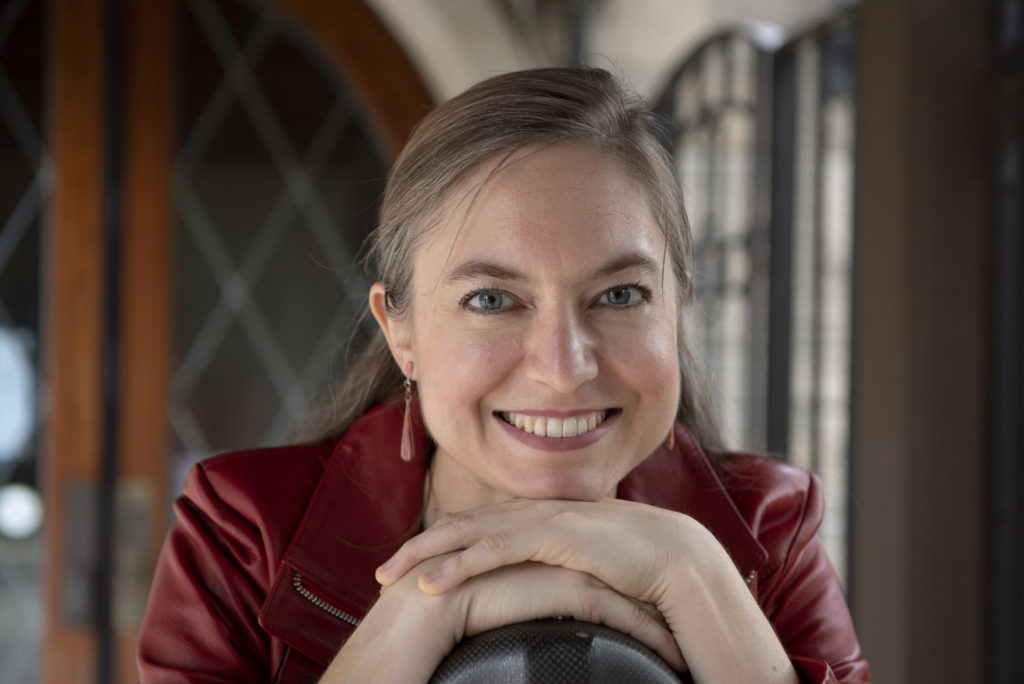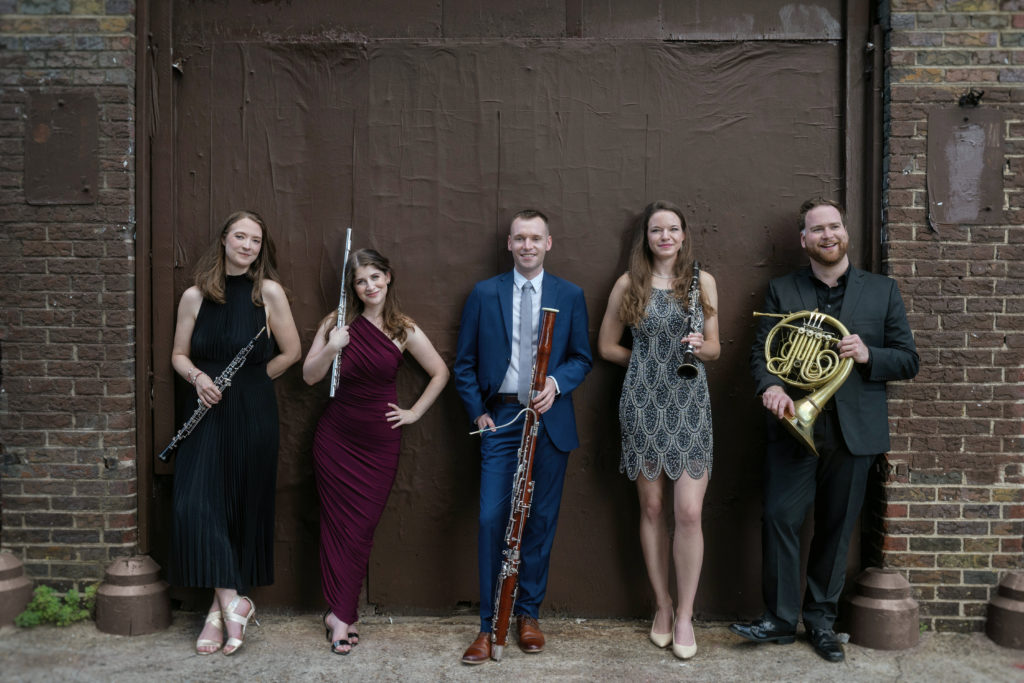Congratulations to two winners on receiving a Paul R. Judy Center for Innovation and Research Grant for the Spring 2024 cycle:
District5 won a $5,000 grant to support “The QUEEN-tet Project: a Symphonic Drag Story Hour.” District5 is a DC-based wind quintet unafraid to program the seemingly impossible. For over a decade, they have challenged and rewarded audiences with their distinct blend of powerful music, engaging storytelling, and commitment to under-represented composers.
“The QUEEN-tet Project: a Symphonic Drag Story Hour” is a collaboration between Tara Hoot, an award-winning DC-based drag queen, and District5, a wind quintet committed to promoting new works. Our story hour creates a novel exploration into unconventional storytelling through the melding of drag and classical music. The show includes readings of banned books and centers around the commission of a work for wind quintet + drag queen by composer Christen Taylor Holmes depicting Hoot’s life advice from a drag queen’s perspective. The project is timely and cultural awareness is urgently needed; Hoot received bomb threats in response to her work promoting family story hours and banned books in the past. Our commission results in a new genre, wind quintet + drag queen, and creates a sustainable opportunity for quintets and queens to perform together and promote LGBTQIA+ voices.


Hilary Glen and a group of cellist educators won a $5,000 grant to support Resonance: A Multicultural Cello method. These method books will offer a sequential approach to learning the cello from beginner to advanced levels using primarily Latin, African, Asian, Native American, and Middle Eastern music. The final product will include cello parts, piano accompaniments, ensemble parts, piece descriptions, audio and video recordings, and an interactive website. Most standard cello method books in the United States feature repertoire from a specific demographic: Western European and/or male. This approach presents issues: it excludes musical styles and elements from other cultures; it does not teach music representative of the diverse cultures in the United States; and it implies that students can learn to play the cello only through exclusive music. With our method, learning to play the cello and learning about classical music becomes more relevant, and a way for students to more fully express themselves. It will be seen as an avenue for creating belonging.
The next deadline to apply will be in the Fall of 2024, around October 1. The Fall 2024 grant cycle will be open to all US based individuals and organizations. Learn more here and check back in August for up to date information.

